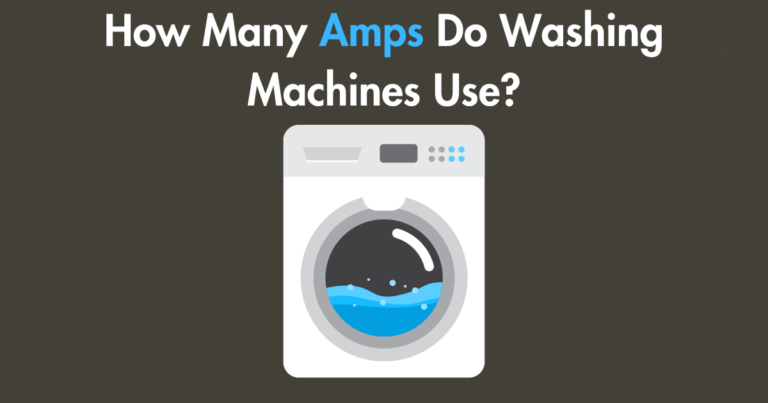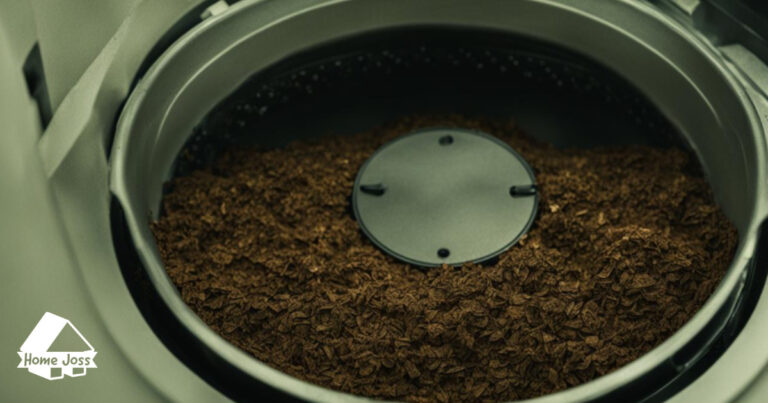If you’ve noticed that your washing machine is making a grinding noise when it agitates, you’re not alone. This common issue can be frustrating and concerning, but it’s important to understand that there are several possible causes for this problem.
In this in-depth article, we will explore the various reasons why your washing machine may be making a grinding noise and provide you with practical solutions to fix the issue.

Possible Causes of a Grinding Noise
1. Washer is Working Properly
Before assuming there is a problem with your washing machine, it’s essential to consider that some models may produce a grinding noise during normal operation.
For example, certain washing machine manufacturers design their agitators to switch directions of rotation, resulting in a noise that can be mistaken for a problem. Additionally, some GE washing machines are known to make grinding noises when starting up.
2. Agitator Dogs are Slipping
The agitator dogs are responsible for the rotating motion of the agitator. Over time, these components, located in the top part of the agitator, can wear out and start slipping.
When this happens, you may hear a grinding noise during the agitation cycle. Replacing the agitator dogs is usually the solution to this problem.
3. Drive Pulley Strain or Damage
A worn-out drive pulley can also be a culprit behind the grinding noise in your washing machine. To determine if this is the issue, you’ll need to detach the pulley from the washer and inspect it for signs of wear, such as glazing, tears, or cracks. If you find any damage, replacing the drive pulley is necessary to eliminate the grinding noise.
4. U-joint Failure
The U-joint plays a crucial role in the agitation process of a washing machine. If the U-joint malfunctions, it can result in grinding noises during agitation. Repairing the U-joint yourself can be challenging, and replacing the part can be costly. In some cases, it may be more practical to invest in a new washing machine.
5. Stator Assembly Glitch
The stator assembly is responsible for creating an electromagnetic connection with the tub, enabling the agitation process. Any cracks or error codes in this component can lead to agitation failures, causing loud grinding noises. To troubleshoot this issue, check the rotor at the back of the appliance for cracks or magnet damage and assess the stator accordingly.
6. Motor Control Board Defects
The motor control board plays a vital role in providing the motor with the necessary force to start the washing machine and indicating the direction for the agitators.
If the control board becomes worn out or unreliable, it can result in a washer that doesn’t agitate correctly or makes other unusual noises during the process. In such cases, replacing or repairing the control board is necessary.
7. Tub Bearing Kit Malfunction
Grinding noises during agitation can also arise from tub-bearing malfunctions. This issue can be costly to address, as it often requires replacing both the bearing and the outer tub of the washing machine. If you suspect a tub-bearing problem, it’s best to consult a professional technician for further assistance.
8. Motor Coupling Wear
The motor coupling serves as a bridge between the water supply and the motor, and if it becomes worn out, it can cause the washer to either not agitate or agitate slowly and noisily. If the coupling is the issue, replacing it is necessary to resolve the grinding noise problem.
How to Repair Grinding Noises During Washing Machine Agitation
If your washing machine is making a grinding noise during agitation, there are steps you can take to troubleshoot and potentially resolve the issue. Here are some practical tips to follow:
1. Check the Motor and Pump
Start by inspecting the pump and motor, as these components can often be the source of grinding noises. Unplug the washing machine from the electrical supply and remove the front panel to access the pump.
Run the washer without touching the appliance to avoid electric shock, and listen for any grinding noise. If the pump is the problem, a thorough cleaning session may resolve the issue. Check for any dirt or debris in the impeller and clean it with a cloth and vinegar. If the pump has physical cracks, replace it with a new one.
2. Assess Shock Absorbers
Checking the shock absorbers is another necessary step when dealing with grinding noise issues. Unplug the washer and locate the shock absorbers, which can be either on the front or rear panel, depending on the model.
Look for signs of tearing, looseness, or fluid leakage. If any of these issues are present, it’s recommended to replace all the shock absorbers to ensure proper functioning.
3. Evaluate Drive Motors
Assessing the drive motors can bring you closer to finding the cause of the grinding noise during agitation. There are two common drive motor malfunctions to consider: a faulty motor itself or two parts that don’t rotate freely, hindering smooth agitation.
If the motor is malfunctioning, replacement is necessary. If the problem lies in the rotating parts, ensure there are no obstructions, check the capacitor for swelling, and verify that all wire connections are secure. Once the motor can rotate freely, the grinding noise should subside.
Tips for Troubleshooting and Maintenance
In addition to the specific repairs mentioned above, there are general troubleshooting and maintenance tips that can help prevent or address grinding noises during washing machine agitation. Consider the following suggestions:
1. Clean the Pump
Regularly cleaning the pump can help prevent debris buildup and potential grinding noise issues. Be sure to unplug the washer and follow the manufacturer’s instructions for accessing and cleaning the pump. Removing any dirt or obstructions from the pump can help maintain smooth and noise-free operation.
2. Inspect and Replace Shock Absorbers
Periodically inspecting and replacing shock absorbers can help ensure proper performance and minimize noise during agitation. If you notice signs of tearing, looseness, or fluid leakage, it’s best to replace all the shock absorbers as a set to maintain balance and stability.
3. Check the Drive Motor
Regularly inspecting the drive motor for any signs of wear or damage can help prevent grinding noise issues. Look for any obstructions between the spinning parts, check the capacitor for swelling, and ensure all wire connections are secure. Addressing any motor-related issues promptly can help prevent further complications.
FAQ about Why Is My Washing Machine Making a Grinding Noise
Can moving the washing machine cause a grinding noise?
Moving a washing machine can sometimes cause the metal bottom of the machine to push up and make contact with moving parts, resulting in a grinding noise. This can be resolved by gently pushing the metal back down to its original position.
What should I do if my washing machine stops agitating and spinning at once?
If your washing machine suddenly stops agitating and spinning simultaneously, it could indicate a problem with the motor or the transmission. It’s best to consult a professional technician to diagnose and repair the issue.
Why is my washing machine making a grinding noise only during the wash cycle?
If the grinding noise only occurs during the wash cycle, it’s possible that there is an issue with the agitator or the agitator dogs. Inspecting and replacing these components may solve the problem.
Dealing with a grinding noise during washing machine agitation can be frustrating, but it’s crucial to identify the underlying cause to address the issue effectively. By following the troubleshooting tips and performing regular maintenance, you can minimize the chances of your washing machine making grinding noises and ensure smooth and noise-free operation.
If the problem persists or you’re unsure about performing repairs yourself, it’s always advisable to seek professional assistance for accurate diagnosis and resolution.






